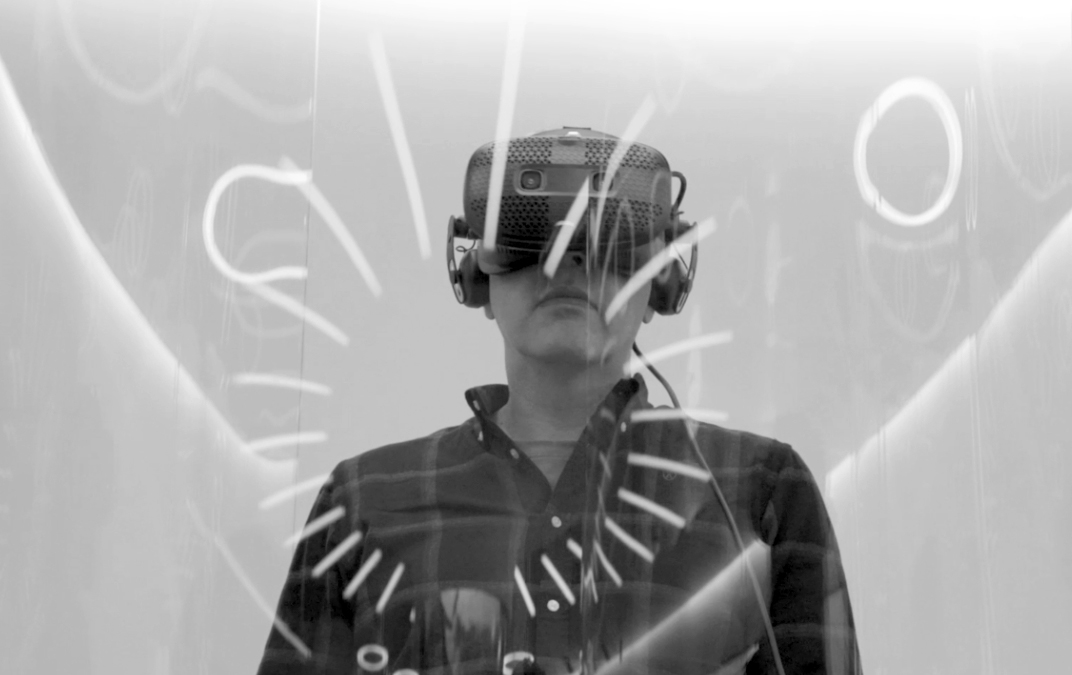The slight push from social networks
- Date
- Written by Miguel Pereira
I've always thought that social networks bring us closer to those we have far away and distance us from those we have closer to us. They allowed us to maintain continuous contact with friends and family in different parts of the world, or to be inspired by talent anywhere on the planet, while at the same time they sabotaged contact and conversations with our partner, our family or our close friends. Who hasn't seen those groups of teenage friends on a Saturday afternoon gathered in the park, in silence, each immersed in their cell phones.
Now, with the death of social networks as we understood them to give way to viral networks, as Carlos Molina on Multiversialexplains very well, we lose track of the content of our friends and people close to us, and it is an algorithm that decides what we are most likely to like. On the walls of social networks it is increasingly difficult to see the content of our friends. That genuine free will with which we used to browse social networks is subtly extinguished by the push of algorithms. Somehow we suffer that slight push they talk about. Cass Sunstein and the Nobel Prize in Economics Richard Thaler on 'Nudge’. Applying the concept to social networks, the platforms, with their 'libertarian paternalism', become the architects of our decisions (‘choice architects’), even if we are not fully aware of it.
I read with amazement the list of the top 5 most viewed videos in 2022 on TikTok, the most successful social network today, and I can't believe it: the most viewed video of the year is that of French pastry chef Amaury Guichon preparing a chocolate giraffe. It has more than 309 million views (yes, 309 million; 4% of the world's population) and 23 million likes. The second most viewed video is that of a squirrel that eats nuts and fills its cheeks with seeds. It has more than 200 million reproductions and 35 million likes. And the third is Rosalia chewing gum while the song 'Bizcochito' plays. 159 million views and 17 million 'likes'. This is how Humanity spends its time nowadays.
I sometimes surprise myself with my own behavior. I go to bed with the intention of reading for a while the latest book by Maggie O’Farrell, to say something, but before that, I take a last quick look at my cell phone and go through my social networks. Half an hour later I realize that I've wasted half an hour of my life on nonsense, that I'm too tired to read, and I go to sleep. No one can say that I haven't made my own decisions, and, even so, there's no denying the platforms' intention to retain me by offering me content I'm interested in, and generating advertising inventory in the process.
Where is all this leading us? Does humanity need to see more squirrels eating nuts, more chocolate giraffes and more singers chewing gum, or more attention to female authors like Maggie O'Farrell? Are we becoming culturally anesthetized, or are we enriching ourselves by accessing more artistic and visual references than ever before in history? I cannot be hypocritical. I myself have benefited professionally from the networks when I founded with other fellow travelers Social Noise, an agency specializing in helping brands connect with their audiences in these environments (today integrated in the creative branding consulting firm Darwin & Verne). But it was a different era. Right now I don't know what to think. Couldn't all that intelligence be redirected for the intellectual benefit of society? Couldn't that libertarian paternalism of 'Nudge' be applied to culturize us? Or is this a utopia of someone very naive like me, who doesn't use TikTok?

